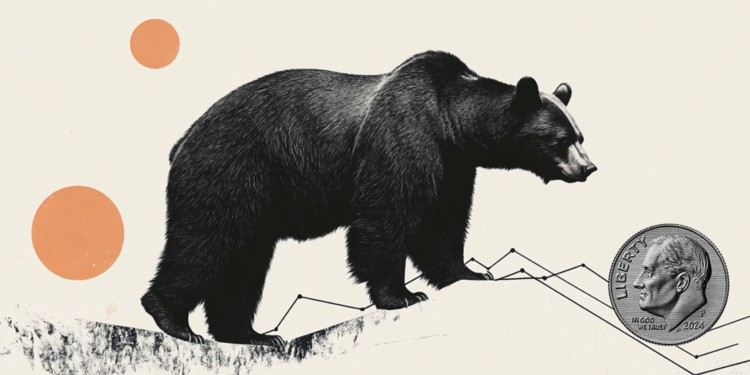Treatment for prostate cancer can bring, in some cases, undesirable side effects, such as erectile dysfunction and urinary incontinence. However, a new study suggests that these adverse reactions can be prevented or reduced with the help of a diet based on foods of plant origin, such as vegetables, fruits, leaves and grains.
Published in the scientific journal Cancer last Tuesday (13), the research analyzed more than 3,500 men with prostate cancer and divided them into five groups, according to the proportion of foods of animal origin and plant origin that they reported eating.
According to the researchers, the group that consumed the highest proportion of plants scored 8% to 11% higher on measures of sexual function, compared to the group that consumed the most meat and least vegetables. Furthermore, the urinary health of this first group also scored 14% higher compared to the second group, with fewer cases of urinary irritation, obstruction or incontinence.
The results also showed that those who consumed the most plants also had 13% higher hormonal health scores, with fewer symptoms of depression and low energy, compared to the group that consumed the most meat.
“Our findings offer hope for those looking for ways to improve their quality of life after undergoing surgery, radiation therapy and other common treatments for prostate cancer, which can cause significant side effects,” said Stacy Loeb, lead author of the study and a urologist. , in a statement. “Adding more fruits and vegetables to your diet while reducing meat and dairy is a simple step patients can take,” he added.
How was the study carried out?
To conduct the research, researchers analyzed data from the Health Professionals Tracking Study, an ongoing investigation begun in 1986 and sponsored by Harvard Chan School. The dataset consists of information on more than 50 thousand male dentists, pharmacists, optometrists, osteopaths, podiatrists and veterinarians. The project was developed to understand how nutrition influences risks related to cancer, heart disease and other serious illnesses.
As part of the project, men with prostate cancer answered a questionnaire every four years about the types of food they ate and in what proportions. Another questionnaire, answered every two years, assessed the frequency of incontinence, erectile dysfunction and intestinal, energy and mood problems, among other health problems.
According to the study authors, the majority of patients (more than 83%) received treatment for prostate cancer and all those included in the current study had early forms of the disease that had not yet spread to other organs.
For researchers, the study shows that eating large amounts of any plant food is related to better levels of sexual health, urinary health and vitality, regardless of factors such as weight, physical activity, lifestyle and other diseases, such as diabetes.
“These results add to the long list of environmental and health benefits of consuming more plants and fewer animal products,” said Stacy. “They also clearly challenge the historical misconception that eating meat increases sexual function in men, when in fact it appears to be the opposite.”
The next step, according to the researcher, is to carry out more studies on a more diverse group of patients and for those with a more advanced stage of prostate cancer.
Source: CNN Brasil
I am an experienced journalist and writer with a career in the news industry. My focus is on covering Top News stories for World Stock Market, where I provide comprehensive analysis and commentary on markets around the world. I have expertise in writing both long-form articles and shorter pieces that deliver timely, relevant updates to readers.







